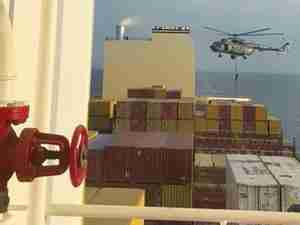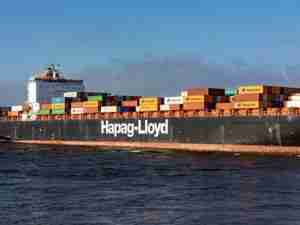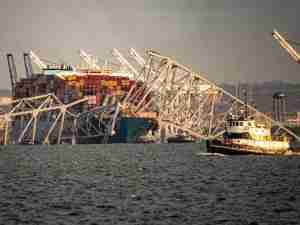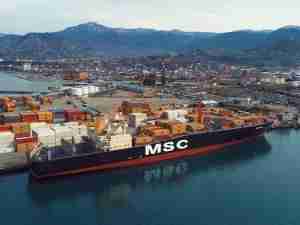Maritime companies were supplying crew members travelling to the Tokyo Bay area, located 240 km (150 miles) from the damaged Fukushima nuclear complex, with special anti-radiation suits, Geiger counters and medicine.
That was despite daily assurances from Japan's transport ministry that radiation levels in the area, which included the main container ports of Tokyo and Yokohama and the Chiba oil port, were at a "very safe" level.
"Crews do not want to go there. Even Chiba, crews still do not want to go," Kyuho Whang, chief executive of South Korea's SK Shipping, told reporters at an industry conference in Singapore.
"So they rely more on the Japanese vessels than the foreign vessels."
Whang did not say which companies were being forced to use Japanese vessels.
Not Yet Widespread
The use of Japanese-flagged vessels was not yet widespread, but a senior shipping executive, who wished not to be named, said it could become more routine if more and more foreign crews decide against travelling to the area.
"We have had ships going to Japan since the tsunami," said Morten Arntzen, president of U.S.-listed Overseas Shipholding Group .
"The master of the ship has full authority to say we are not going there and that authority will not be second guessed."
Japan has restricted seaborne traffic 30 km from the Fukushima nuclear plant, while many shipping companies have imposed a minimum 80 km exclusion zone.
To alleviate concerns about contamination from the nuclear plant, Japan said it would begin randomly measuring radiation levels of ships and containers leaving the Tokyo Bay area, and issue to ship owners certificates recording radiation levels confirmed as below a standard level.
Despite this, China's quality watchdog has found 10 cases of ships, aircraft or cargo arriving from Japan with higher than normal levels of radiation since mid-March.
One of the vessels, Mitsui O.S.K. Line's MOL Presence, was denied entry and sent back to Japan. It was later allowed into a Hong Kong port.
Chinese Premier Wen Jiabao told his Japanese counterpart Naoto Kan on Tuesday he was concerned about the release of radiation into the ocean and urged Tokyo to take "very seriously" the possible impact on neighbouring countries.
The head of Japan's third largest shipping company urged countries not to act irrationally to the nuclear crisis and base their trade decisions on science.
"We remain calm, but there is too much overreaction by some countries," Kenichi Kuroya, chief executive of Kawasaki Kisentold Reuters.
"Regrettably in the coming months, many buyers may demand to prove that cargo is safe, even for auto parts. Some buyers want proof it's not radioactive, but we don't know how to."
A handful of container shippers, mostly German owned, suspended stops at Tokyo Bay ports following the March 11 disaster but most have since resumed operations. (Reuters)









